 Guest Post By Albert Huynh, Engineering Leadership Education Specialist at ILead (Institute for Leadership Education in Engineering)
Guest Post By Albert Huynh, Engineering Leadership Education Specialist at ILead (Institute for Leadership Education in Engineering)
Over the past few years, I’ve felt the need for us as a society to step up to bigger challenges (e.g. waste, energy usage, access to education, etc.). Having studied engineering myself, at first, I thought that the answer lay purely in improving our technical problem solving skills. However, the more I’ve learned, the more I’m convinced that solutions in the absence of self-aware leadership and deep humanity are destined to fall flat. With that in mind, I’ve tried to figure out how to bridge the technical knowledge of engineering with the human capacity needed to create positive change, particularly, not simply using one as an add-on to the other, but looking for ways in which the two amplify each other. This exploration has led me to direct, manage, and facilitate the ILead (Institute for Leadership Education in Engineering) social innovation program, The Game.
Teams work on projects of their own choosing, guided by mentors, informed by the stories of guest speakers, and supported with a budget of $500 to conduct research or prototype. The output of these projects is as varied as the field of social innovation itself, previous examples including art installations, policy recommendations, software, and service provision.At the end of the program, students showcase their work in the form of lessons learned about themselves and their system of interest. Differing from most other project based programs, these lessons particularly highlight failures, challenged assumptions, team dynamics, and growth over the projects themselves.On Oct 5, 2017, the Innovation Hub came in to support this journey with an engaging Design Thinking workshop, getting students to wrestle with the thorny topic of improving commutes. In the spirit of The Game, the session was hands-on and forced students to think more deeply about user concerns.
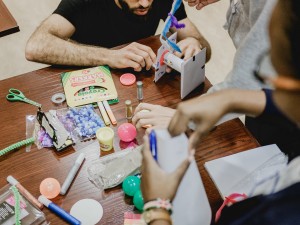
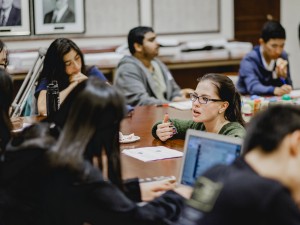

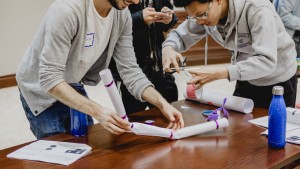
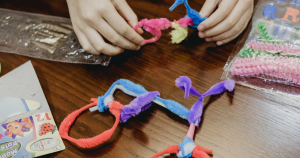
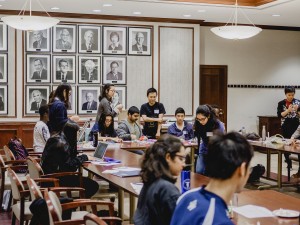

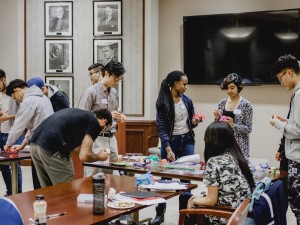
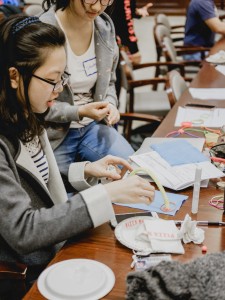
0 comments on “ILead’s ‘The Game’”